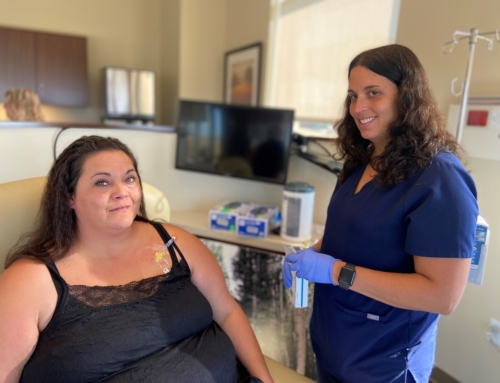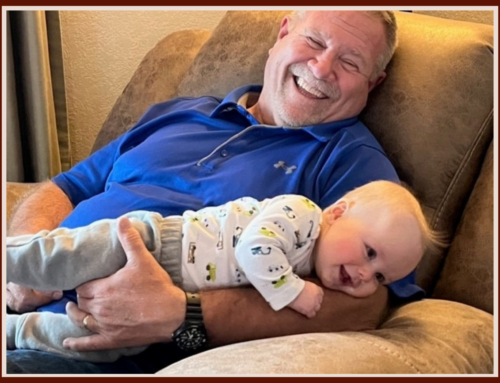In Colorado, many of us live an active lifestyle and demand a lot from our bodies. Skiing, running, hiking and many other sports are hard on knees, hips and shoulders and over time these joints wear out. In the past, people didn’t stay as active in their later years. Not true today. The solution is to replace the joint and keep going.
It’s estimated that over 700,000 people in the U.S. have a hip or knee replaced each year. Numbers are up for younger patients in their 40s and 50s, with an expected 174% increase in hip surgeries in the coming 20 years and a 673% increase in knee surgeries— according to the American Academy of Orthopaedic Surgeons.
Here’s the catch. The earlier you get a replacement, the more likely you’ll need another in your lifetime. Do the math: joint implants last from 10 to 20+ years. If you get one at 50 you may need one again at 65, long before you are willing to slow down. That’s where a revision or repair comes in—a more advanced surgery, often demanding an orthopedist who is especially trained in performing them. If this is what you need, you’ll be happy to read about the new orthopedic surgeon coming soon to TMH.
Recent advances in orthopedic surgery
There have been important advances in orthopedic surgery in recent years. Minimally invasive arthroscopic surgery has become the norm in orthopedics. Combined with improved multi-modal pain management techniques pre, during and post surgery, patients are experiencing less pain and quicker recovery times. In addition, BMPs or bone morphogenic proteins have created quicker healing and recovery. When added to the mix, these proteins help fuse fractures and improve bone defects.
Finally, the materials used to create implants have improved substantially. Porous metals, new surface technologies, and cementless devices have all increased comfort for patients and boosted the longevity of devices.
New joint program coming to TMH
With people opting for joint replacement surgeries earlier in life, devices often wear out before they do. That’s where joint revision surgery comes in. “Joint devices can wear out, loosen or develop a problem that can demand revision,” says Dr. Kevin Borchard, board-certified orthopedic surgeon at TMH with training that gave him the advanced skills needed to perform joint revision surgeries. Joint revision surgeries are more complex than original replacement surgeries due to initial alterations made to the bone. Sometimes, devices don’t wear out, but rather loosen and move, demanding revision. Dr. Borchard is highly skilled in performing joint replacement surgeries, from simple to complicated.





